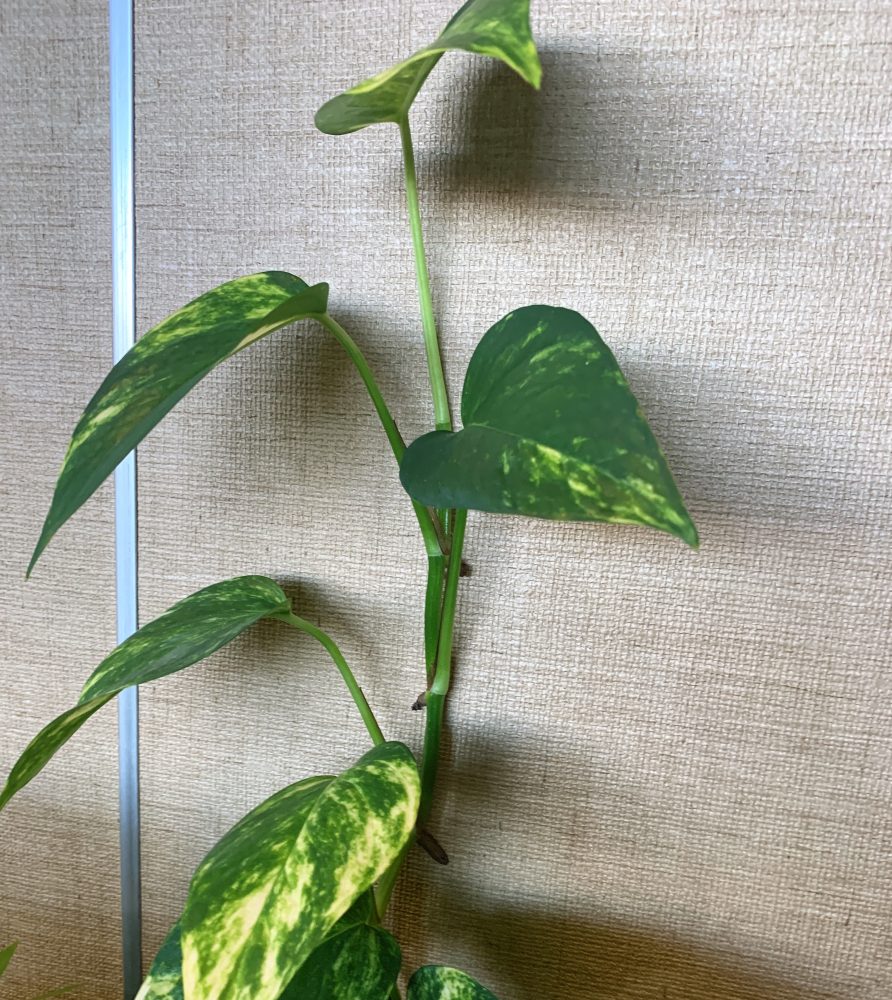By David Wall, Mount Pleasant Master Gardener

My houseplants love coffee, so pour your leftover coffee on them rather than down the sink! Dilute it first, and then pour the liquid mixture on your container’s soil. Both the water and coffee must be at room temperature. If either one is high or low, combine them and let the mixture sit until room temperature is reached.
A leftover coffee liquid mixture can provide a valuable, all-natural, organic fertilizer for numerous house-hold plants such as fiddle leaf fig, pothos, spider, snake, peace lilies, Philodendrons, monsteras, and more. DO NOT put used coffee grounds on your house plant soil. The grounds hold on to too much moisture, allowing it to grow mold or attract fungus gnats, both of which do more harm than good.
The diluted mixture is a great source of nitrogen for the soil which helps house plants to grow more leaves, and stronger stems. Also, the mixture has small amounts of calcium, potassium, and magnesium which are needed by houseplants. An added benefit is the mixture acts as a slow-release fertilize that improves a plant’s ability to fight disease and pests.

So, what, you ask, is the correct ratio of coffee to water? Well, it’s five parts water to one part coffee. The dilution is necessary because undiluted drip coffee is highly acidic, thus making it toxic to house plants. At a 5:1 ratio, the liquid mixture should have the appearance of weak tea.
Frequency of watering the diluted mixture on house plants is once a week during winter and 1-2 times a week during summer months. By the way, decaf and non-decaf both work great. Should your houseplant eaves turn brown on the edges after application, then don’t use as much the next time! Avoid use on calate, scacti, or succulent plants which will prevent overwatering.
Brew the coffee to extract the nutrients. Instant coffee works, but isn’t as effective as brewed coffee.
Coffee grounds change the soil pH and make it more acidic. Plants that dislike coffee grounds include roses, hydrangeas, gardenias, blueberries, carrots, and radishes.








